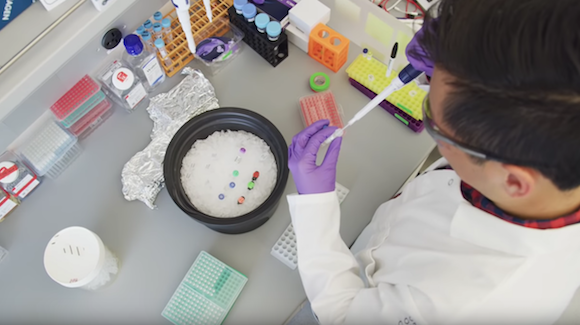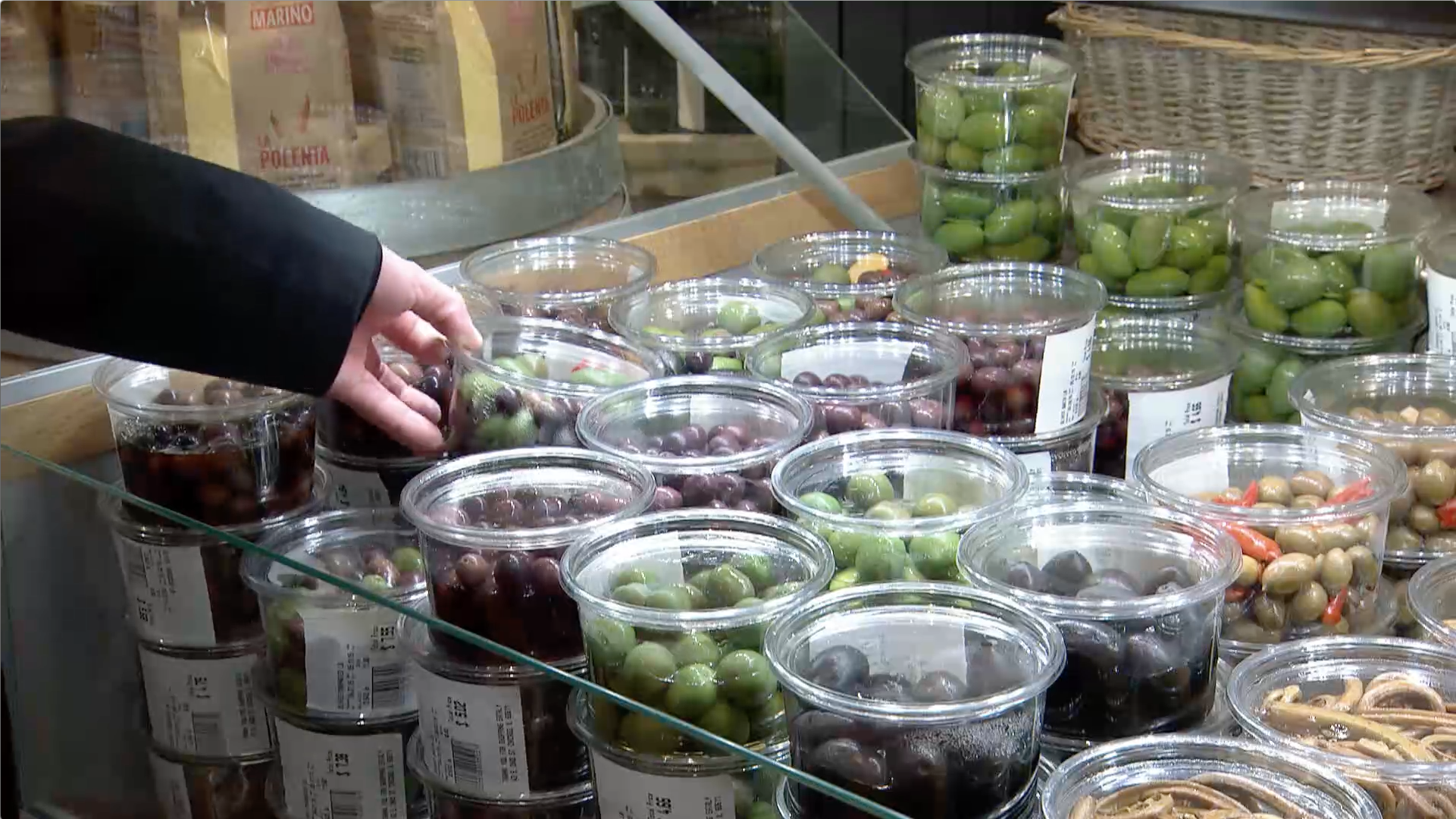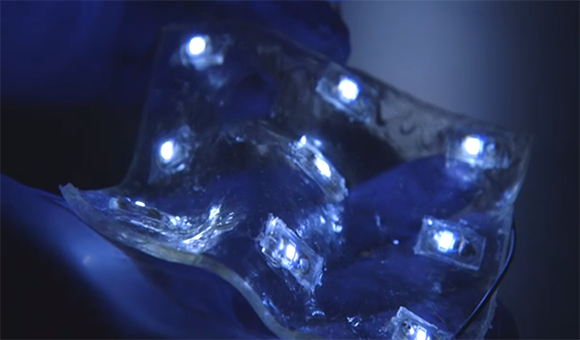Folate fortification may raise risk of colon cancer
Reuters Health • The Doctor's Channel Daily Newscast
“Our data provide new evidence that a folate fortification program could be associated with an additional risk of colon cancer,” Dr. Sandra Hirsch said in a statement.
Prior research has tied folate depletion with colorectal carcinogenesis, but recent data from the US and Canada suggest that folate fortification of enriched cereal grains may also promote this malignancy, the authors note in their report in the European Journal of Gastroenterology and Hepatology for March.
To examine this topic further, Dr. Hirsch and colleagues, from the University of Chile, Santiago, assessed colon cancer-related hospital discharges before and after a folate fortification program (220 micrograms per 100 g of wheat flour) was implemented in Chile in January 2000.
Compared with the 1992-1996 period, the rate ratio of colon cancer during the 2001-2004 period was 2.61 in people 45 to 64 years of age and 2.90 in those 65 to 79 years.
For the most part, little change was seen in the occurrence of other diseases before and after folate fortification. The one exception was breast cancer, which was more common during the period after fortification with rate ratios in the two age groups of 2.08 and 1.90. However, the authors emphasize that this may have been due to the implementation of programs designed to detect and treat breast cancer at an early stage.
Further research, the authors conclude, is needed to determine the amount of folate that prevents neural tube defects, but does not increase the risk of colon cancer and other adverse events.
Reference:
Eur J Gastroenterol Hepatol 2009.






